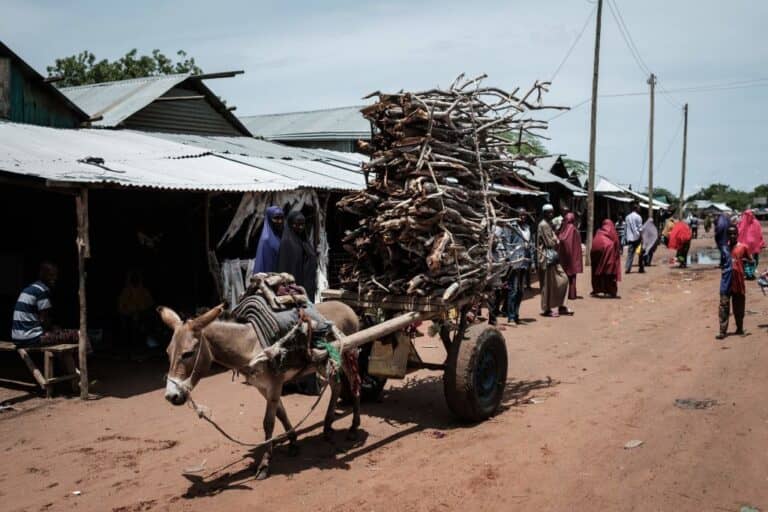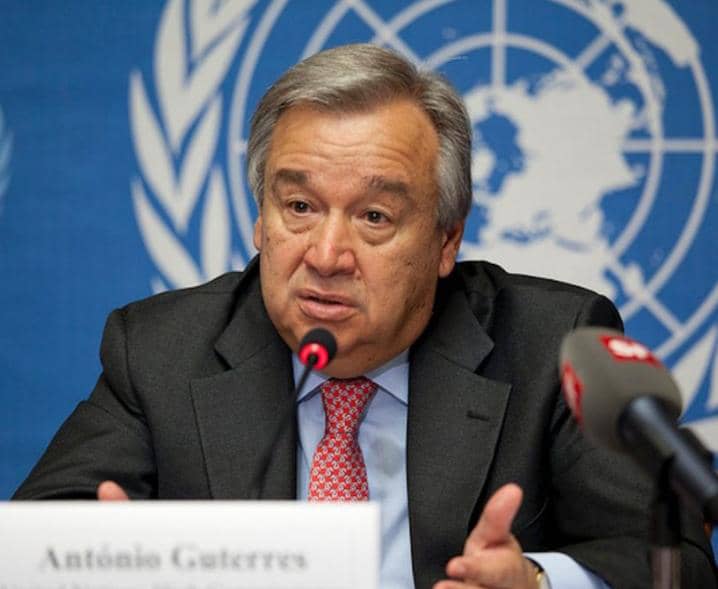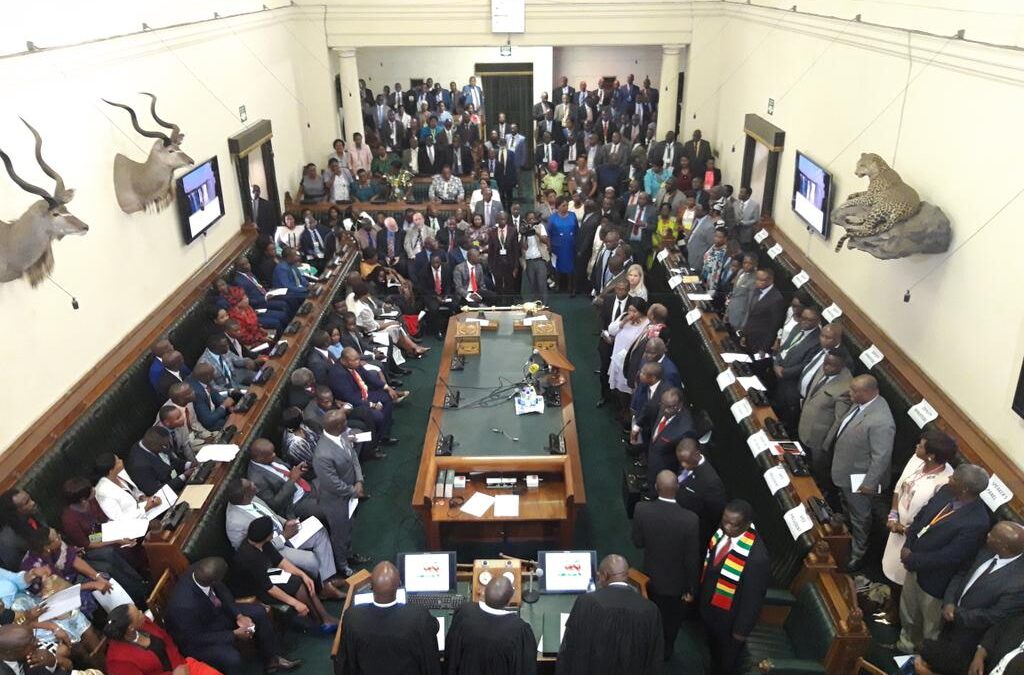Johnson Progress
African leaders have committed to enforcing a continent-wide ban on the donkey skin trade, following a surge in donkey thefts and slaughter for their hides, which are in high demand in China.
The Pan-African Donkey Strategy, developed by the African Union Inter-African Bureau for Animal Resources, aims to integrate donkey welfare into national policies and invest in value chains, veterinary services, and data systems.
The move comes after several countries, including Botswana, Burkina Faso, Ethiopia, and Kenya, banned or restricted the commercial slaughter of donkeys and export of their hides.
“It is heartbreaking to see how quickly our donkeys are disappearing and how deeply this loss is felt,” said Anne Odari Onditi, a donkey owner and treasurer of the Association of Donkey Owners in Kenya.
Donkeys are being slaughtered for their hides, which are used to make ejiao, a traditional Chinese medicine believed to have medicinal properties.
The demand for ejiao has led to a thriving black market, with donkeys being stolen and smuggled across borders.
According to the Donkey Sanctuary, the trade has devastating effects on communities that rely on donkeys for their livelihoods.
“We have turned the moratorium into a springboard for action,” said Moses Vilakati, the AU’s commissioner for Agriculture, Rural Development, Blue Economy and Sustainable Environment.
“Now, it is time for implementation through law, community awareness, and surveillance.”
The African Union’s commitment to enforcing the ban and protecting donkeys is seen as a crucial step in addressing the crisis.
The donkey skin trade has been linked to animal cruelty, with reports of donkeys being beaten, bludgeoned, and skinned alive.
The trade has also been blamed for spreading diseases and undermining the livelihoods of people who depend on donkeys for transportation, farming, and other essential tasks.
The Pan-African Donkey Summit, held in Côte d’Ivoire, brought together over 200 African leaders to address the crisis.
The summit’s outcome marks a significant step towards protecting donkeys and promoting sustainable development in Africa.
As the implementation of the strategy begins, stakeholders are hopeful that it will bring an end to the brutal donkey skin trade and protect the welfare of donkeys across the continent.





0 Comments